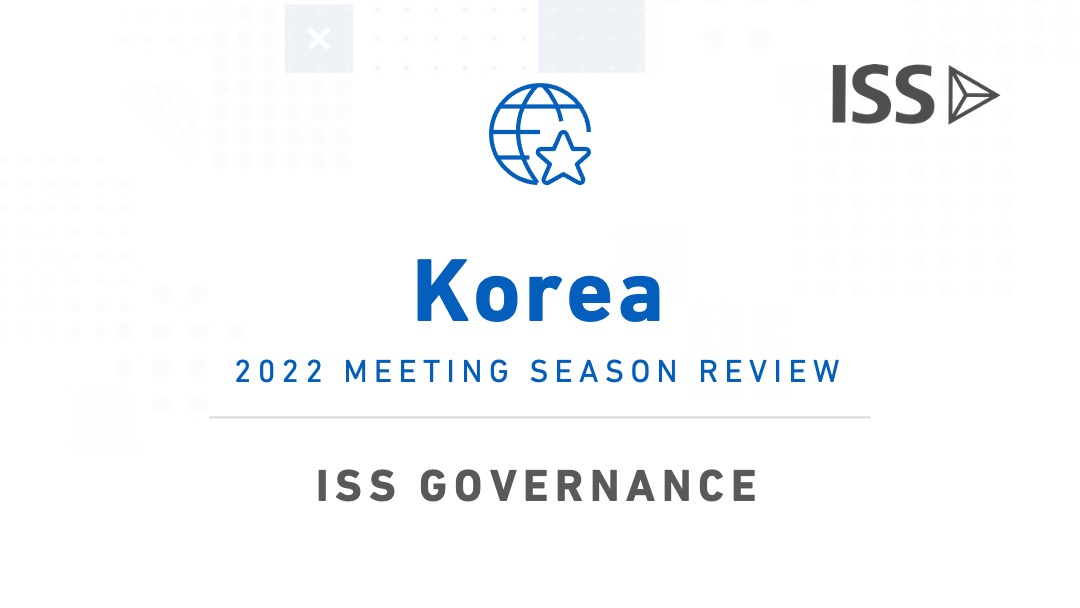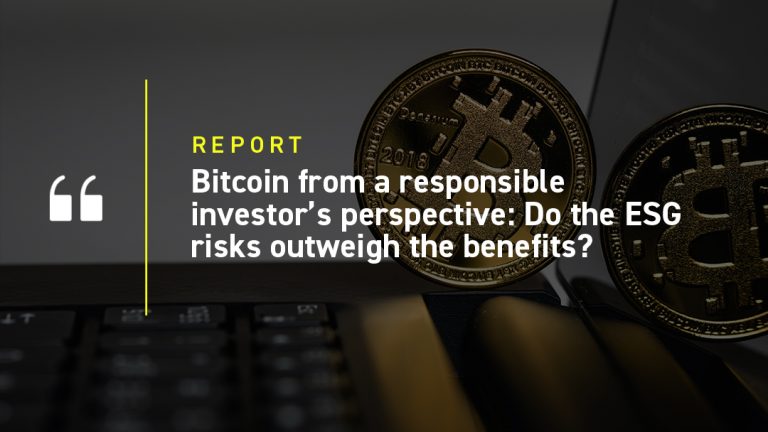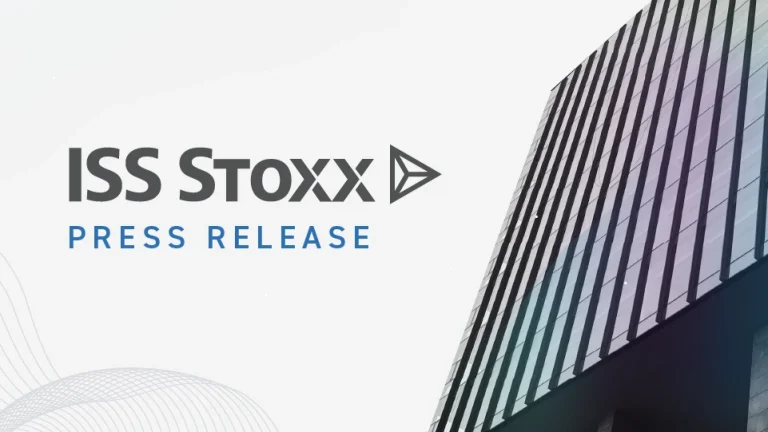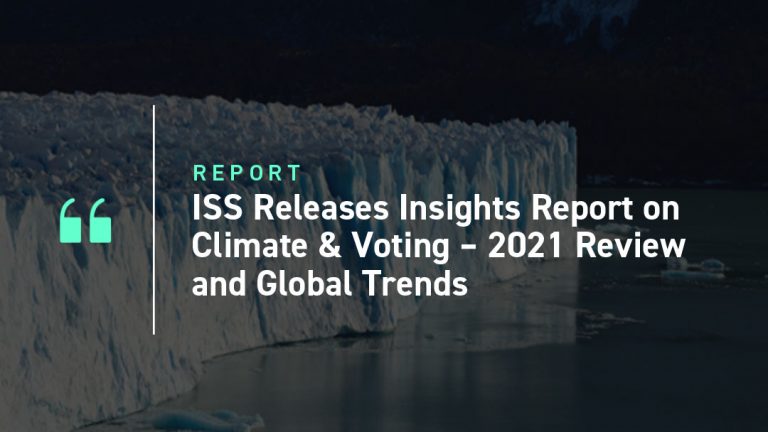Below are key takeaways from ISS’ recently released 2022 South Korea Proxy Season Review. The full report is available to institutional subscribers by logging into ProxyExchange then selecting the Governance Exchange and its Report Center tab and to corporate subscribers by logging into Governance Analytics then selecting the Governance Exchange and the Report Center tab.
- Covid-19 impact on proxy season and meeting concentration. Similar to the 2021 season, the coronavirus pandemic had minimal impact in terms of meeting format and meeting concentration this year.Only a few larger companies enabled virtual attendance in addition to their physical meetings. Predominantly, however, companies held physical meetings in a socially distanced manner. Despite the government’s continuous efforts to disperse the meeting concentration, the majority of companies continued to hold their meetings in the last five working days of March.
- Investors and issuers are increasingly engaging on climate and environmental topics. For the first time, some director elections received significant shareholder dissent due to lack of climate related policies or disclosures. Ahead of 2022 AGM season, shareholder APG Asset Management sent letters to ten of its invested companies urging boards to take stronger climate actions.
- Board gender diversity is improving. Large size companies rushed to nominate female directors to meet legal requirements. As a result, 80 percent of companies subject to the regulatory board gender diversity requirement have at least one female director on the board. Among 120 large-size companies under the ISS Korea universe, 43 percent of new outside director candidates this year were female.
- This season was marked by several unique shareholder proposals. A first of its kind E&S related shareholder proposal was filed at Hyundai Development Company. Additionally, more activist funds submitted proposals to leverage the three percent rule.
- Investors continued to express higher voting dissent on some directors with governance concerns. Some of these directors were the third and fourth generation of prominent chaebol groups who successfully secured board seats as a part of the family succession schemes despite past concerns or misconduct.
- Regulatory and political landscape changes. Amendments to the guideline for corporate governance reports comes into effect from the end of May 2022. The amendments will strengthen disclosure requirements on split-offs and related party transactions. With the new South Korean president Seok-yeol Yoon beginning his five-year term, regulatory changes are expected in the coming months. President Yoon has promised to revise the previous government’s climate change initiatives with more achievable targets and a roadmap to carbon neutrality.
If you are not a subscriber, please contact sales@issgovernance.com (for institutional investors) or contactus@isscorporatesolutions.com (for corporations) to learn more about accessing bespoke governance research.
By: Candice Kim, Jieun Chang




